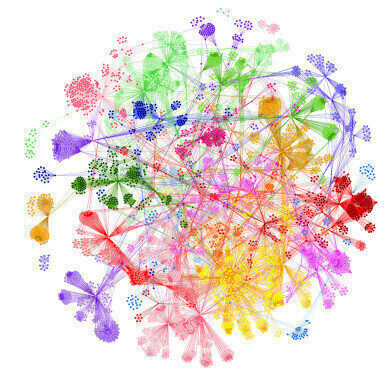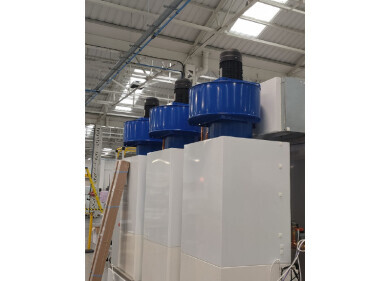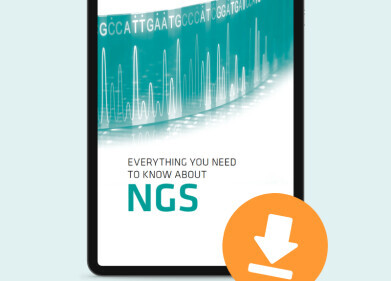Laboratory Products
AI-enabled Precision Medicine Platform Identifies 68 Genes Associated with High Risk of Severe COVID-19
Jul 03 2020
Scientists from UK-headquartered AI precision medicine company, PrecisionLife, have found 68 genes associated with risk of developing severe COVID-19 by using its proprietary AI-enabled precision medicine platform to analyse the genomes of 929 patients from the UK Biobank who had a severe response to SARS-CoV-2. See results on the pre-publication site, medRxiv.
Prior to an effective and widely available vaccine, PrecisionLife’s insights may help to identify patients who are at greatest risk of developing the most severe forms of COVID-19. They can inform the development of biomarker driven tests, targeted shielding and new therapeutic strategies, with the aim of identifying high-risk people, reducing disease burden and improving survival rates.
Established Genome Wide Association Studies (GWAS) approaches have been limited by the heterogenous nature of COVID-19, making it difficult to clearly explain the wide range of symptoms and impacts of predisposing comorbidities associated with the disease. The study has overcome this barrier by evaluating combinations of genetic features, which is not possible with existing GWAS approaches.
Using a combinatorial (high-order epistasis) analysis approach, PrecisionLife identified 68 protein-coding genes that were highly associated with severe COVID-19, nine of which have been previously linked to differential response to SARS-CoV-2. These 68 genes include several druggable protein targets and pathways, nine of which are targeted by drugs that have reached at least Phase I clinical trials.
"This is our second study specifically looking at host genomics to identify those most at risk and find opportunities to treat patients with later stage severe disease where host immune processes begin to run out of control," said Dr Steve Gardner, CEO of PrecisionLife.
"We know that systemic remodelling, leaky vasculature and micro-clotting can cause severe issues in COVID-19 patients in lungs as well as other organs. We are encouraged that several of the genes identified relate to lipid programming, beta-catenin and protein kinase C signalling whose processes converge in a central pathway involved in plasma membrane repair, clotting and wound healing. This pathway is largely driven by calcium ion activation, which is a known serum biomarker associated with severe COVID-19 and ARDS. We intend to perform further analyses to investigate this hypothesis. We are also seeking to further validate 12 genes associated with dysfunctional immune response that are the first hint at a potential genetic signature for enhanced risk of flipping into a severe disease state."
More information online
Digital Edition
Lab Asia 31.2 April 2024
April 2024
In This Edition Chromatography Articles - Approaches to troubleshooting an SPE method for the analysis of oligonucleotides (pt i) - High-precision liquid flow processes demand full fluidic c...
View all digital editions
Events
Apr 22 2024 Marrakech, Morroco
Making Pharmaceuticals Exhibition & Conference
Apr 23 2024 Coventry, UK
Apr 23 2024 Kintex, South Korea
Apr 23 2024 Seoul, South Korea
Apr 24 2024 Jakarta, Indonesia

.jpg)


.jpg)













